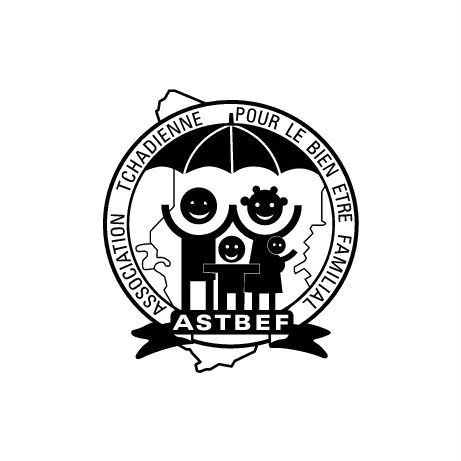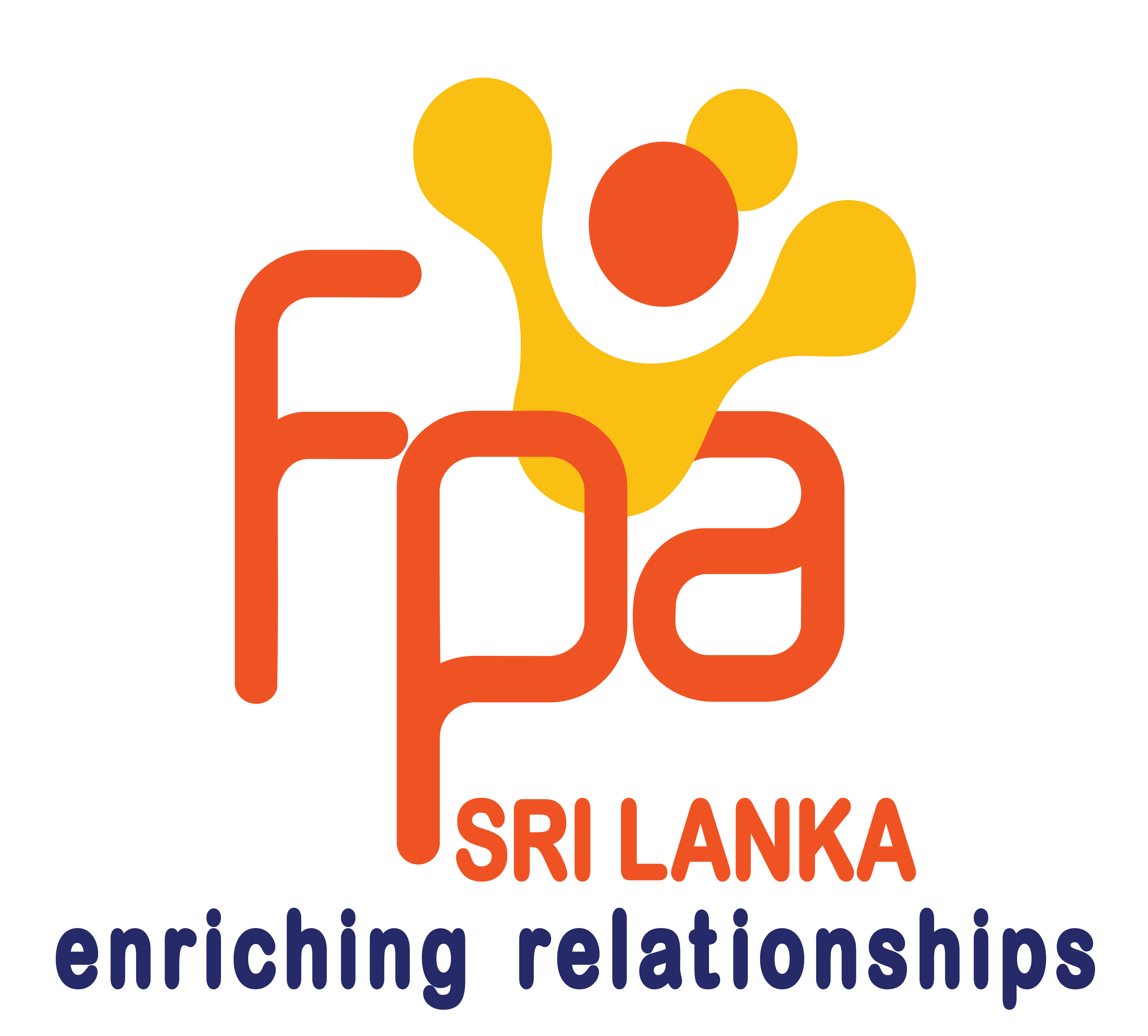

| 31 March 2016
Association Tchadienne pour le Bien-Etre Familial
When the Association Tchadienne pour le Bien-Être Familial (ASTBEF) was formed in 1991, no one was under any illusions that it was faced with an almost impossible task as the international indices for sexual and reproductive health (SRH) demonstrate. Some suggested that it would be overwhelmed and would simply not survive. Over 20 years down the line, the organisation is thriving, thanks in large part to an immensely committed team of staff, over 1,000 volunteers, peer educators, and a strong youth action movement. The organisation runs static clinics and a number of mobile operations which offer voluntary counselling and testing (VCT) for HIV, post-abortion care, antenatal and post-natal care, treatment of opportunistic infections, treatment of male and female infertility, pre-marital counselling, and advocacy against harmful cultural practices such as female genital mutilation and gender based violence. ASTBEF has made a considerable impact on the country’s SRH activity by integrating family planning with maternal and infant health, HIV and AIDS services, and youth-friendly education programmes and service provision. ASTBEF works in partnership with the government’s Global Fund National Coordination Council, and the High Commission for Population and Human Resources National Reproductive Health Programme Supporting Committee. Non-governmental organisation (NGO) links include the Comité d’information et de liaison and the Organisation des Acteurs non Etatiques (OANET). Private sector partners include PPFAI, NACA, HAPAC, SFH, The Central Bank of Nigeria, CAP Plc, and Nigeria Breweries, and donors who support ASTBEF’s work include UNFPA, UNICEF, PNUD, Médecins du Monde, the US Embassy, PSR, GTZ, the Ministry of Social Action and Family Affairs.

| 31 March 2016
Family Planning Association of Sri Lanka
Established in 1953, The Family Planning Association of Sri Lanka (FPA Sri Lanka), pioneered the concept of family planning in the country and is a non-governmental organization (NGO) that explores innovative and challenging processes of family planning in Sri Lanka. We are proud to be one of the most expansive and well known NGO's in the country that focuses on family planning, Sexual and Reproductive Health and welfare. Today FPASL focuses on providing services to marginalized and under-served communities, growing its SRH product range to enhance consumer choice and advocacy to ensure SRHR of all people in the country. FPA Sri Lanka advocates to increase political commitment to sexual and reproductive health education (with political and religious leaders). FPA works with community members specially youth to change norms and attitudes towards SRHR. It promotes the right to access SRH education through island-wide workshops. It seeks to eradicate unsafe abortion and liberalise abortion laws, and it aims to foster community involvement in projects. FPA works with the LGBTIQ community to address stigma and discrimination faced by the community. FPASL has six Service Delivery Points. Clinics offer a comprehensive range of sexual and reproductive health (SRH) services. These include contraception, counselling, diagnostic services, HIV and STI screening and voluntary counselling and testing. FPA Sri Lanka works closely both with the Ministry of Health. The average number of clients per year is 85,862, and average number of SRH services provided is 430,404. The Member Association also addresses key SRH and relationship issues faced by young through the Happy Life Call Centre. This centre provides information on sexual and reproductive health and rights (SRHR) to the general public through a range of new media tools. FPA Sri Lanka has developed a highly successful Social Marketing Programme (contraceptives). Today it’s the market leader in this product category and contributes around 40% of the total CYPs generated in Sri Lanka. By making a range of contraceptive products available to the consumers and supplementing it by the free FP services provided by the government, Sri Lanka has recorded a CPR of around 70%.







